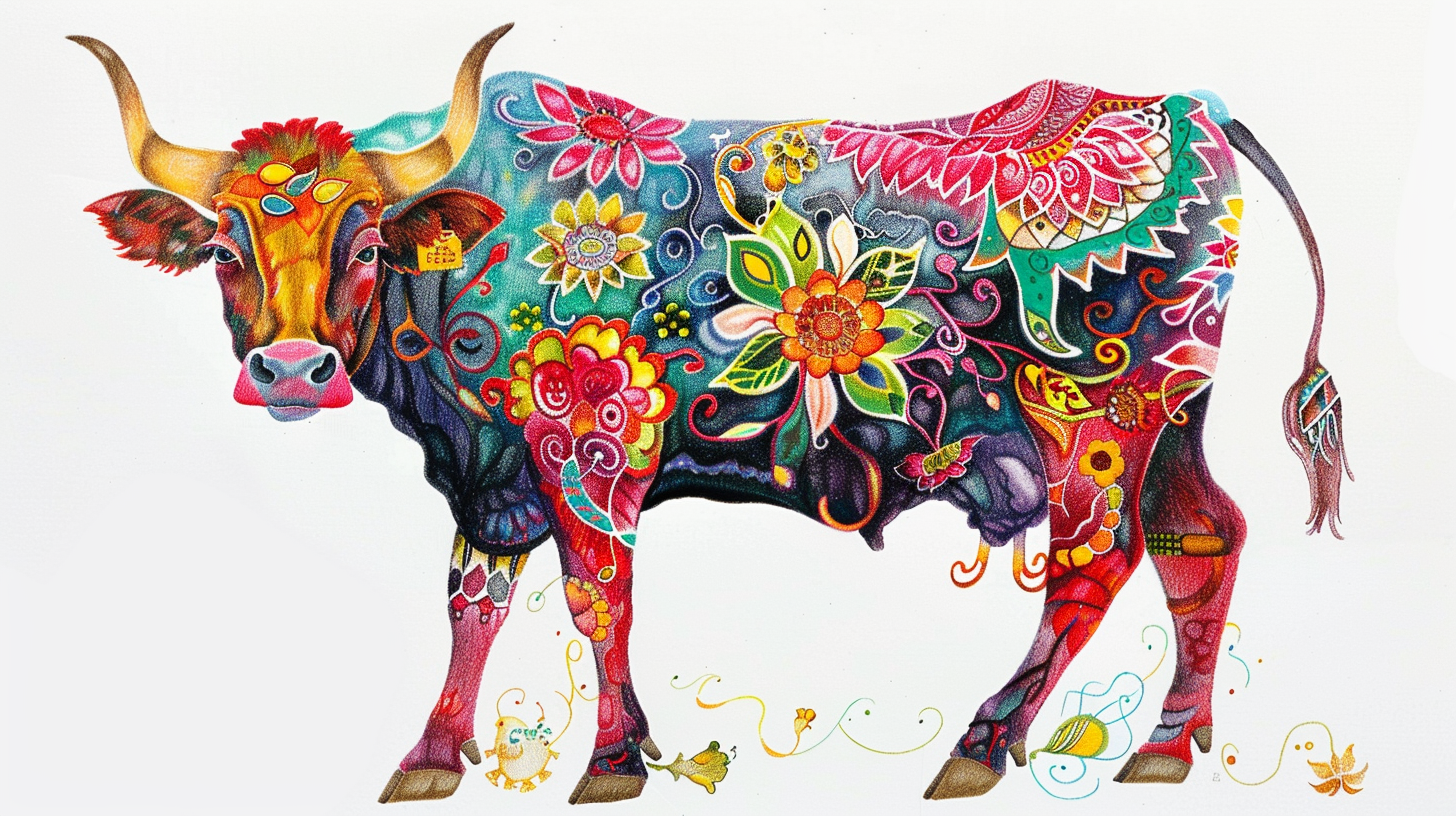"That's just how things are done in this industry."
Does that phrase make your skin crawl? I'm with you!
When you hear those words, you've stumbled upon a sacred cow; one of those unwritten rules or traditions that industries and companies cling to without question. These norms might offer comfort, but they often stifle progress. It's time to sharpen our knives and head to the slaughterhouse.
The Illusion of Stability
Sacred cows are the rotary phones of business; familiar but woefully outdated. They create an illusion of stability while breeding stagnation and missed opportunities.
Take the 9-to-5 workday, for instance. In our always-on lives, rigid office hours are as obsolete as a sundial in a smartwatch factory. Forward-thinking companies are creating flexible work arrangements, attracting top talent who prioritize work-life balance. Similarly, the annual performance review is a relic of the past. Progressive organizations opt for frequent check-ins, such as the Quarterly Conversation to create a culture of continuous improvement and agility.
The Tale of Two Cow Tippers
The Ring
In the wrist-dominated industry of wearable devices, Ōura dared to be different. Founded in 2013 in Finland, this innovative company recognized the limitations of bulky wristbands, particularly for sleep tracking.
Enter the Ōura Ring, a sleek, finger-worn device that leverages its proximity to arteries for more precise data collection. By focusing on sleep quality and readiness metrics rather than step counts, Ōura diverged from the fitness-first approach of its competitors.
Initially met with skepticism, Ōura has since amassed over 1M users. Its success has turned heads in Silicon Valley, with tech giants like Samsung and Apple now exploring smart ring technology. By questioning the wrist-centric norm, Ōura didn't just create a product; it shaped the future of an entire industry.
Bruises Be Damned!
Imperfect Foods took on not one, but two industry sacred cows. The notion that groceries must be aesthetically flawless, and that food delivery services should only offer premium products.
Founded in 2015, Imperfect Foods began by selling "ugly" produce typically destined for the dumpster. They later expanded to include surplus inventory and short-dated products from food producers and farmers.
The result? By 2024, Imperfect Foods had rescued over 166 million pounds of food from waste and built a customer base exceeding 400,000. Their success has forced larger grocers to reconsider their standards for produce appearance and inventory management. By doing so they pioneered a sustainable model that's reshaping the grocery industry.
Why Sacred Cows Make the Best Burgers
Questioning norms isn't just about being contrarian; it's about gaining a competitive edge. Would Uber exist if we accepted the taxi monopoly as unshakeable? Would Amazon have flourished if we believed bookstores could only be brick-and-mortar?
Your Guide to Sacred Cow Tipping
1. Ask "why" relentlessly. Question every process, structure, and strategy until you reach bedrock.
2. Cross-pollinate ideas from other industries. Sometimes, the best solutions come from unexpected places.
3. Find fresh perspectives, especially from industry newcomers who aren't yet indoctrinated in "the way things are done."
4. Experiment boldly. Try the opposite of industry norms in controlled settings. You might be surprised by the results.
5. Continuously seek improvements. Ask what would make your product, service, or process better, faster, or cheaper.
The benefits here are immense if you have the guts to step to the challenge. Customers hunger for innovative solutions and are attracted to companies trying new things. Is there risk? Without a doubt, because anything that challenges convention is inherently more costly. Leaders like Google, Apple and Tesla have baked this into their DNA and as a result they attract top talent. They are seen as innovators blazing the path to a future that exists in our dreams. At times, this sort of innovator creates entirely new categories like Uber with “ride shares,” or AirBnb with “short term rentals.”
What unquestioned assumptions are holding your industry back? Your next insight or innovation might be hiding in plain sight, masquerading as an ordinary practice everyone takes for granted. Innovation doesn't always mean inventing something entirely new. Often, it's about applying existing ideas in novel ways or questioning long-standing practices. Start small, experiment often, and prepare for inevitable failure, each attempt brings you closer to that game-changing idea.
Let's fire up that grill. Identify your industry's sacred cows and question them rigorously. Your willingness to challenge norms today could reshape your entire industry tomorrow. Who knows? The next Ōura or Imperfect Foods might be your brainchild.

